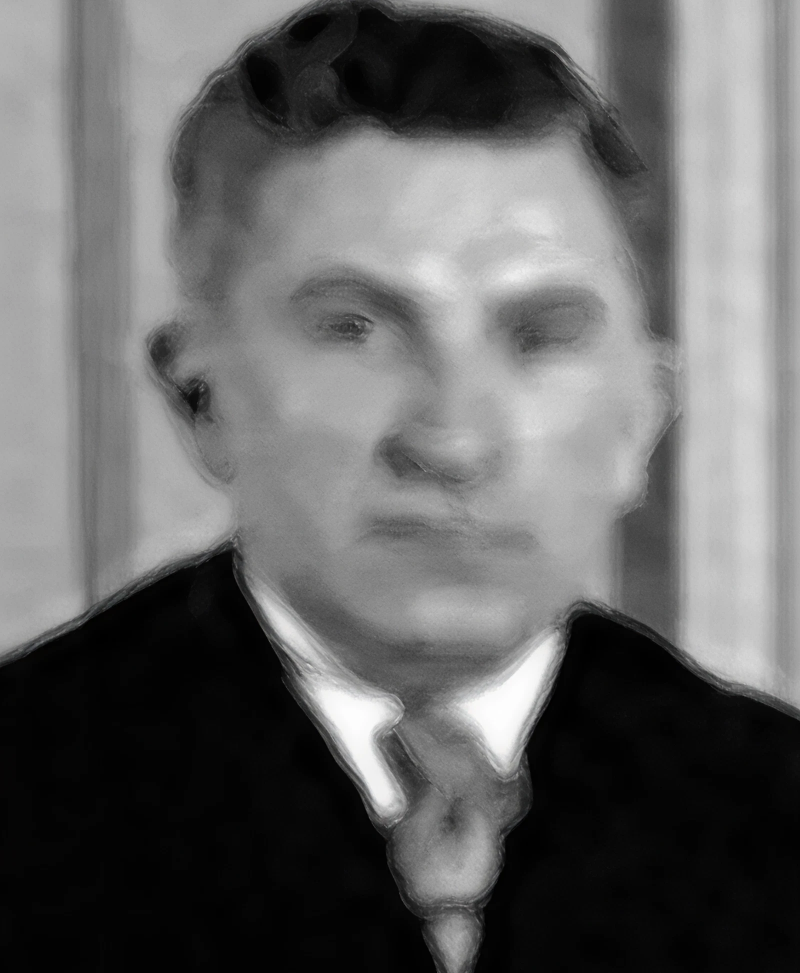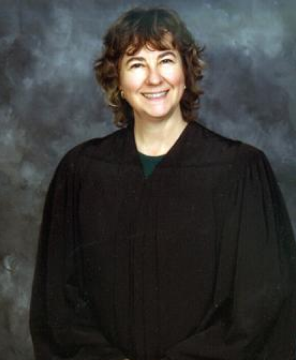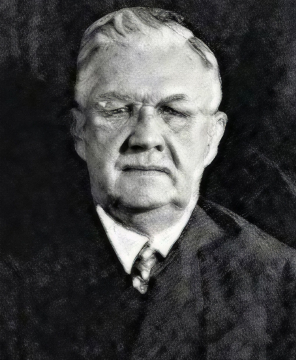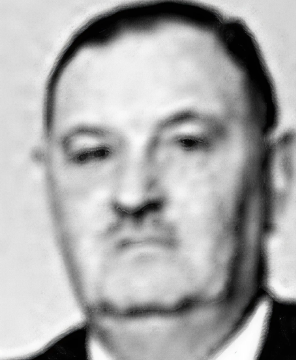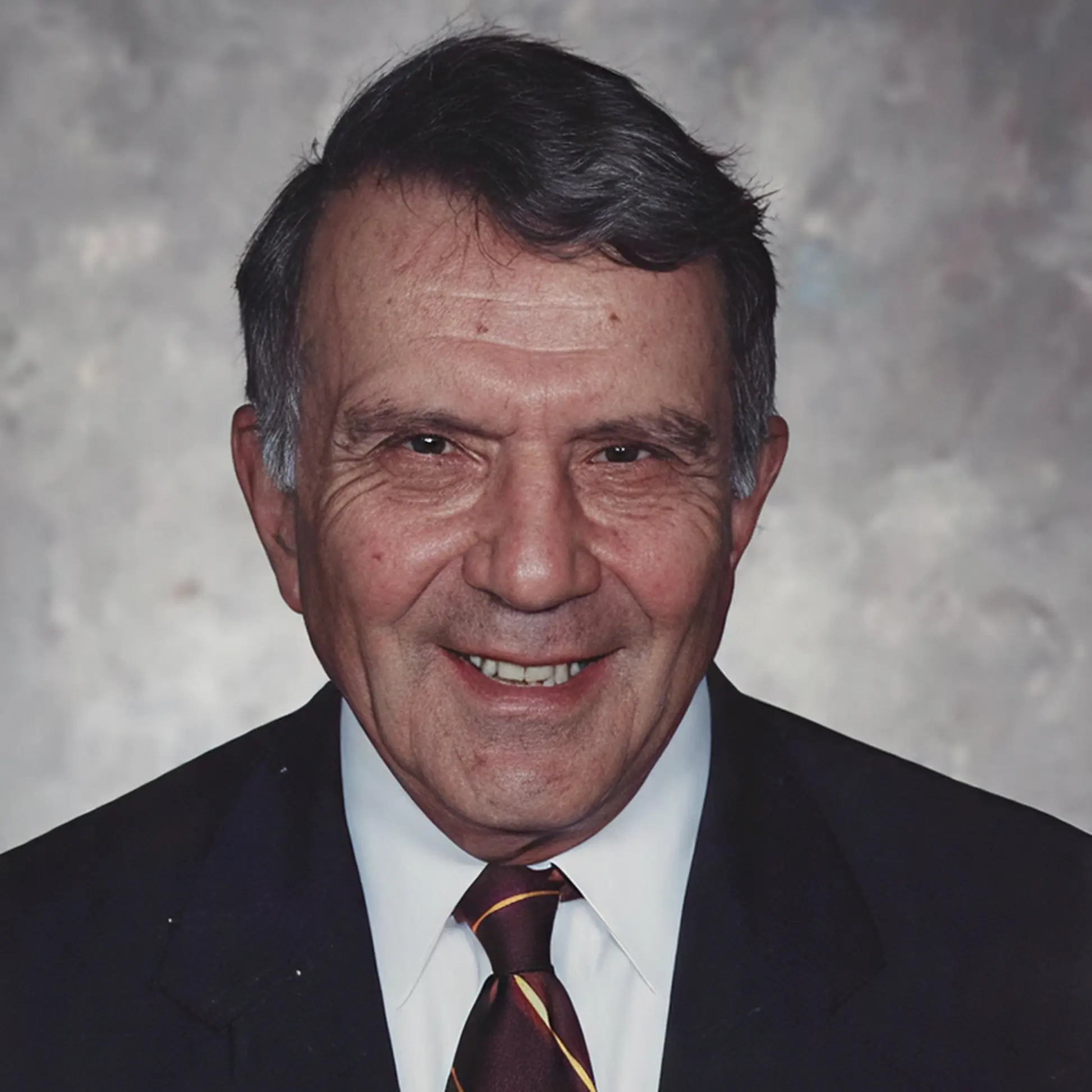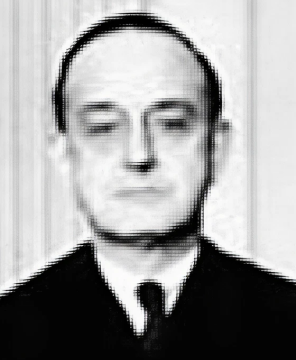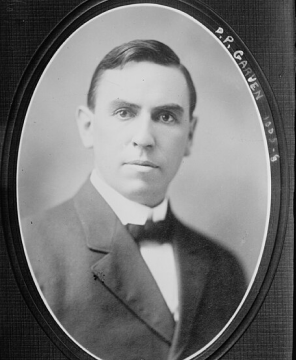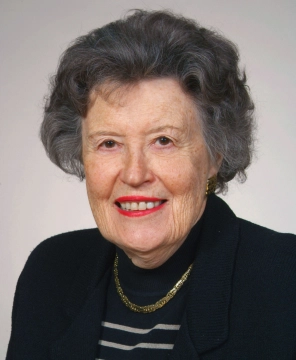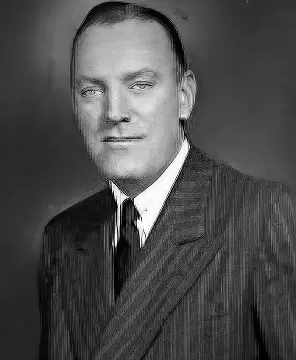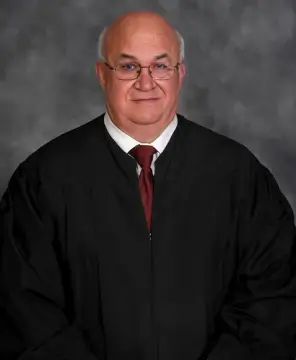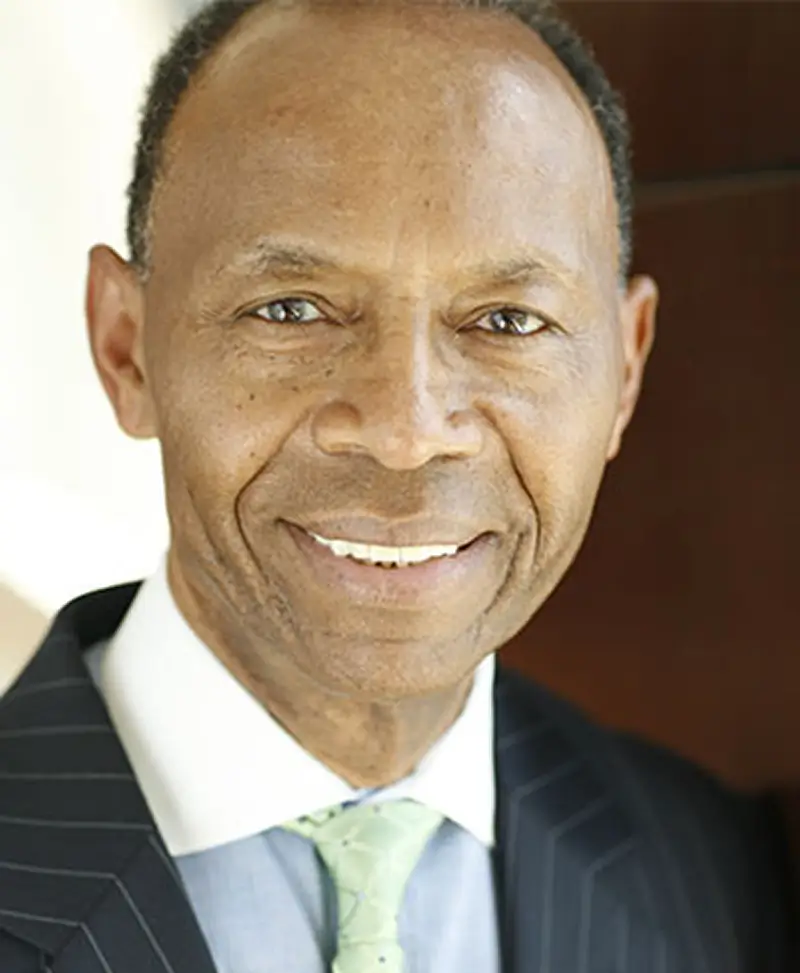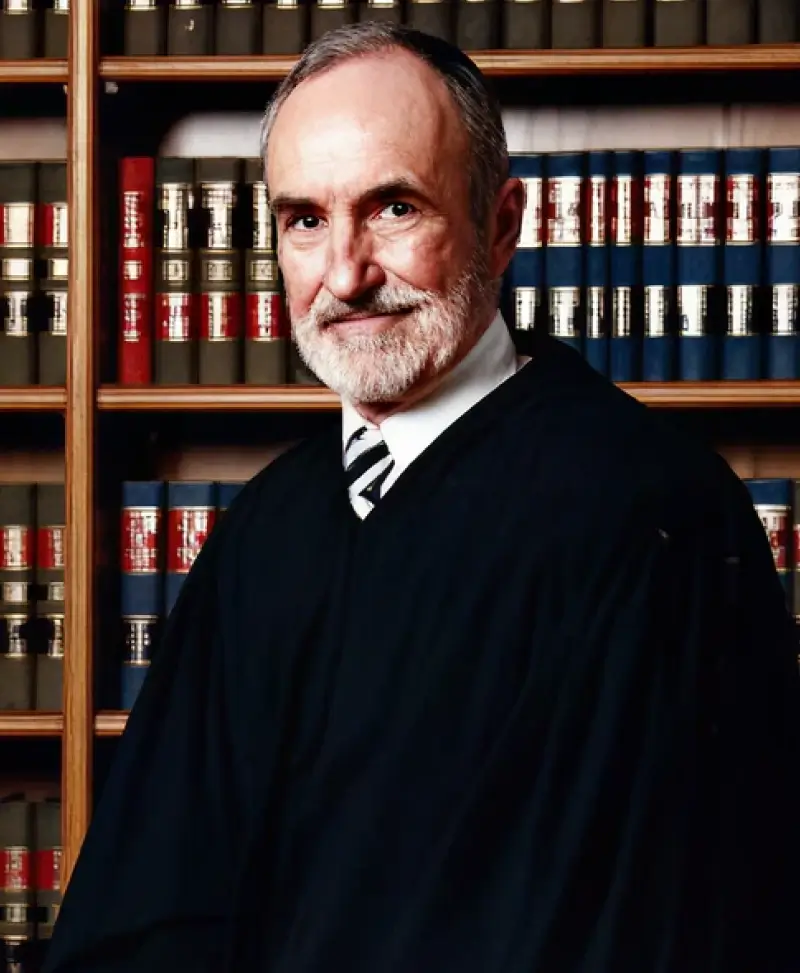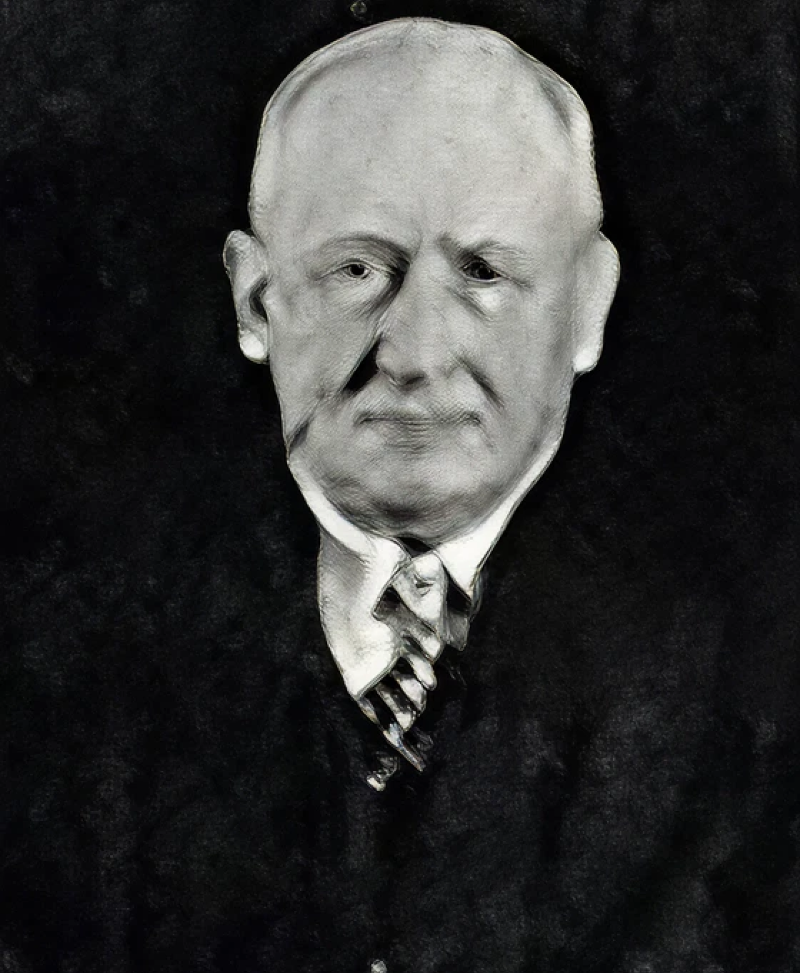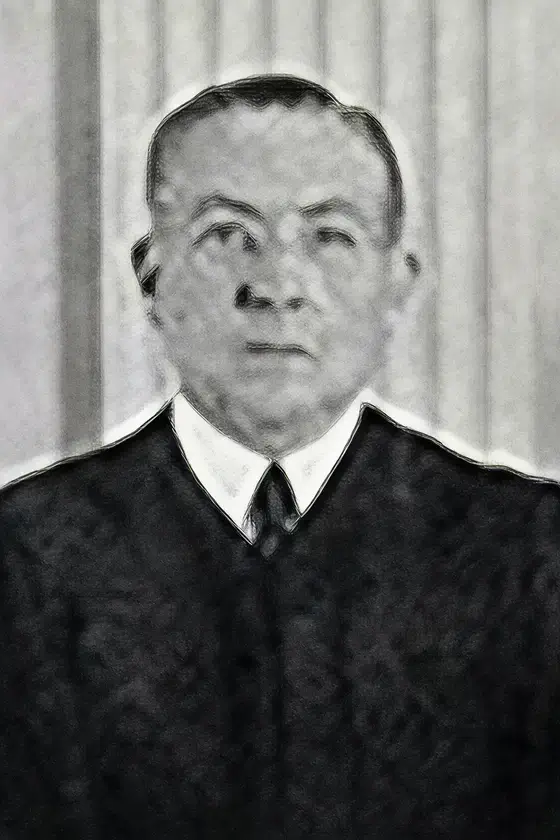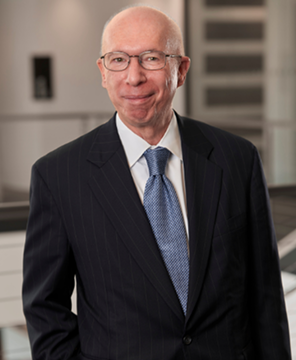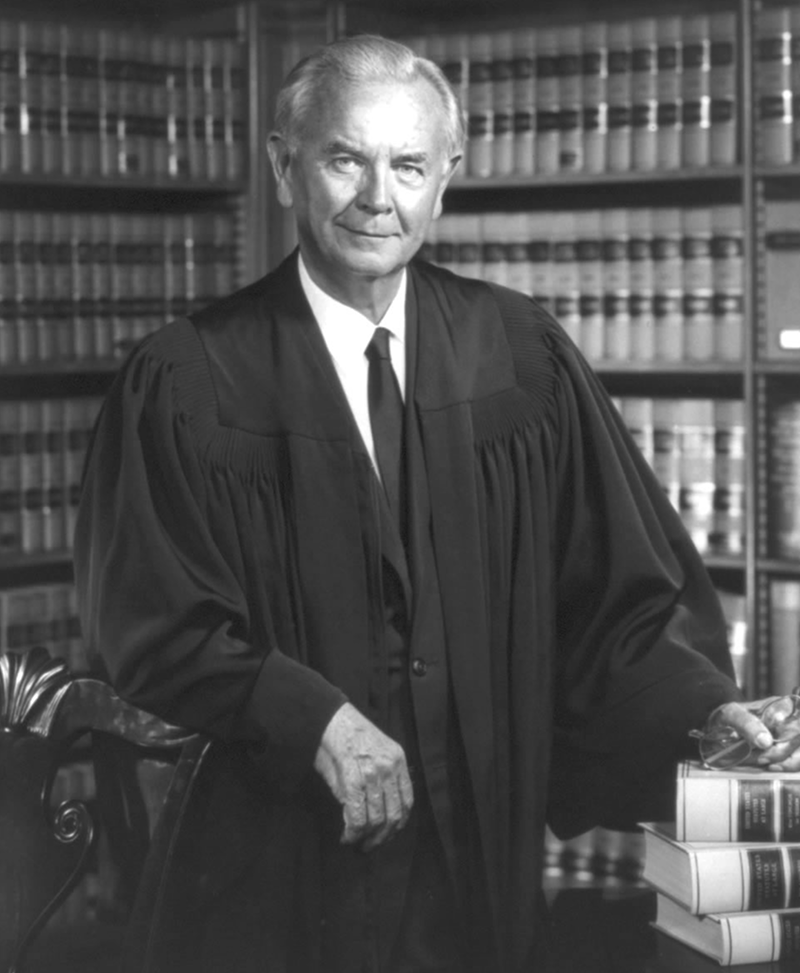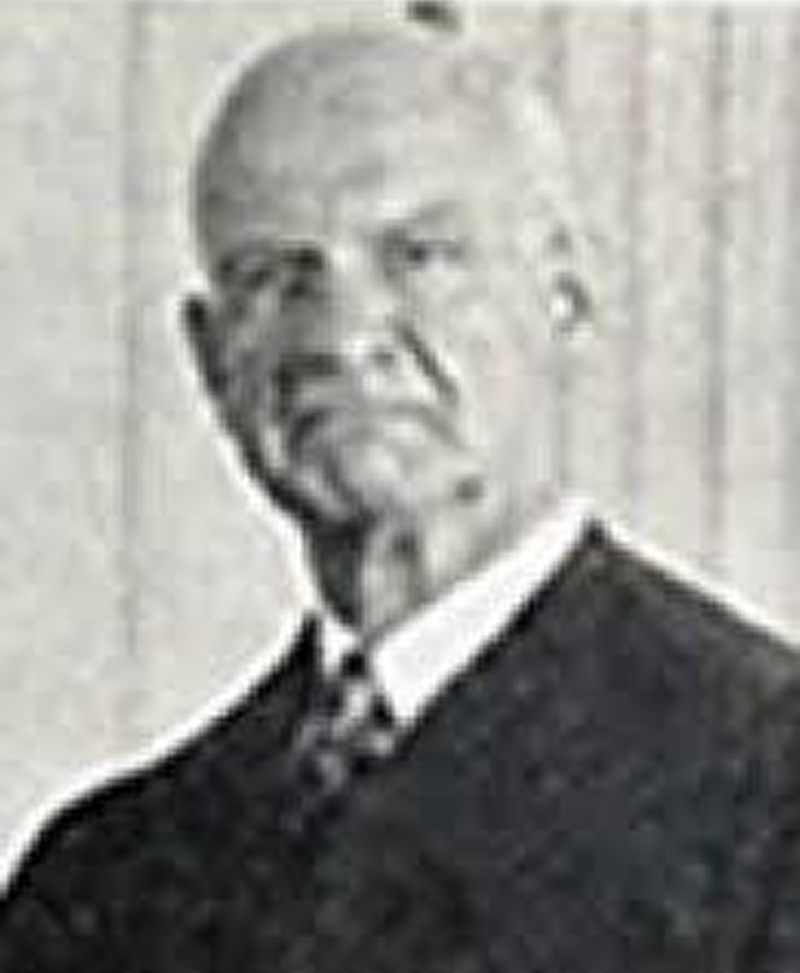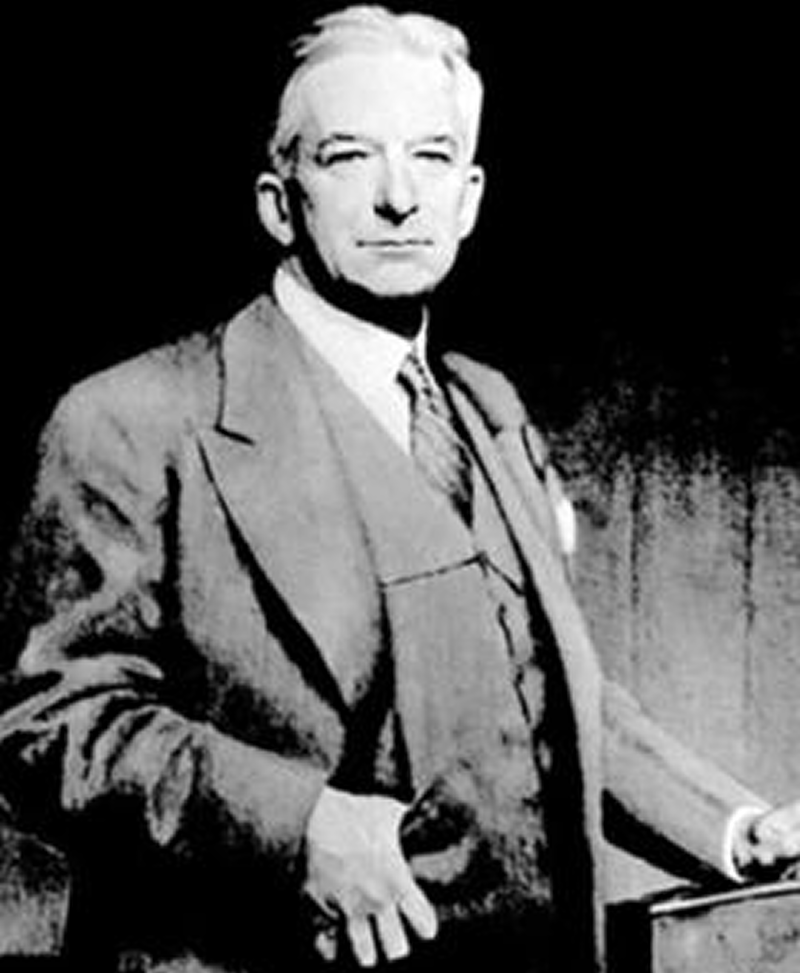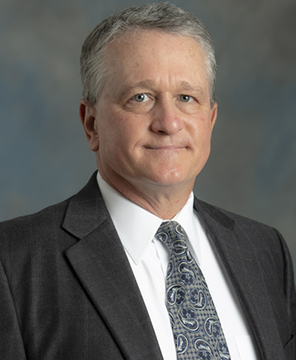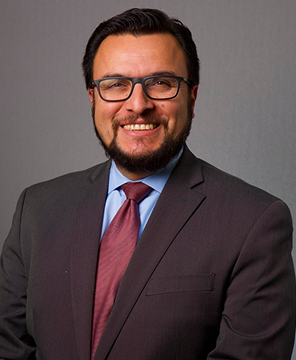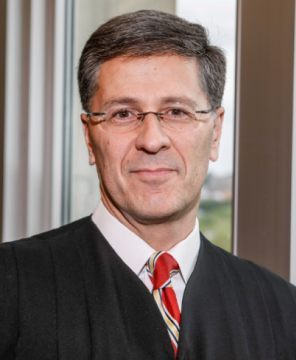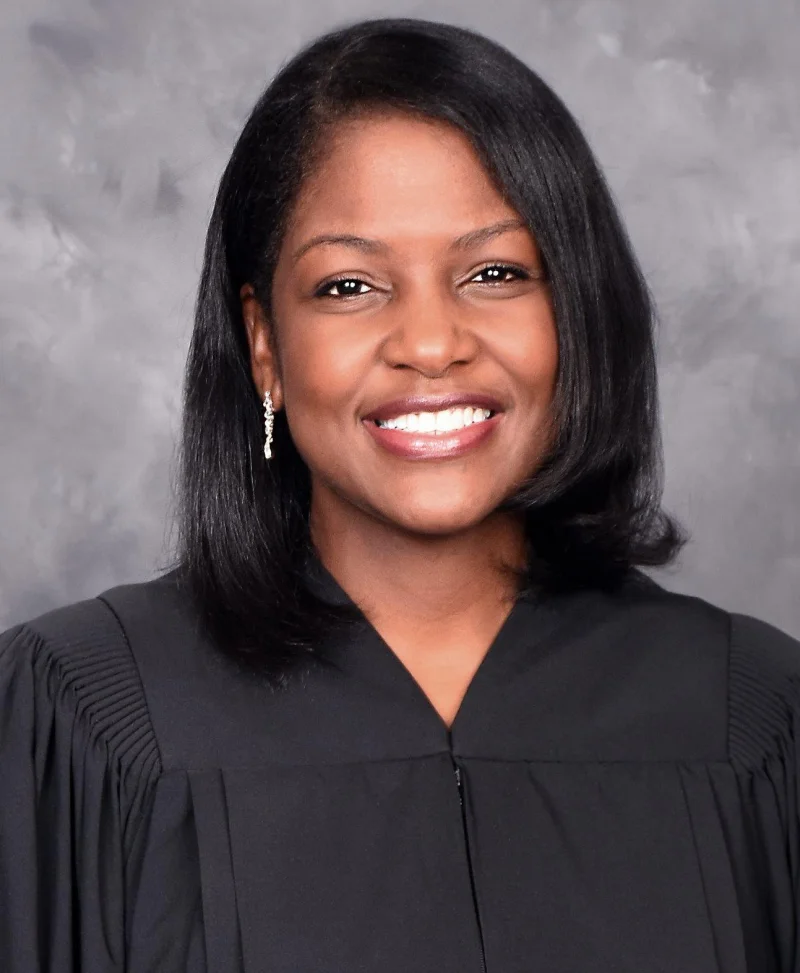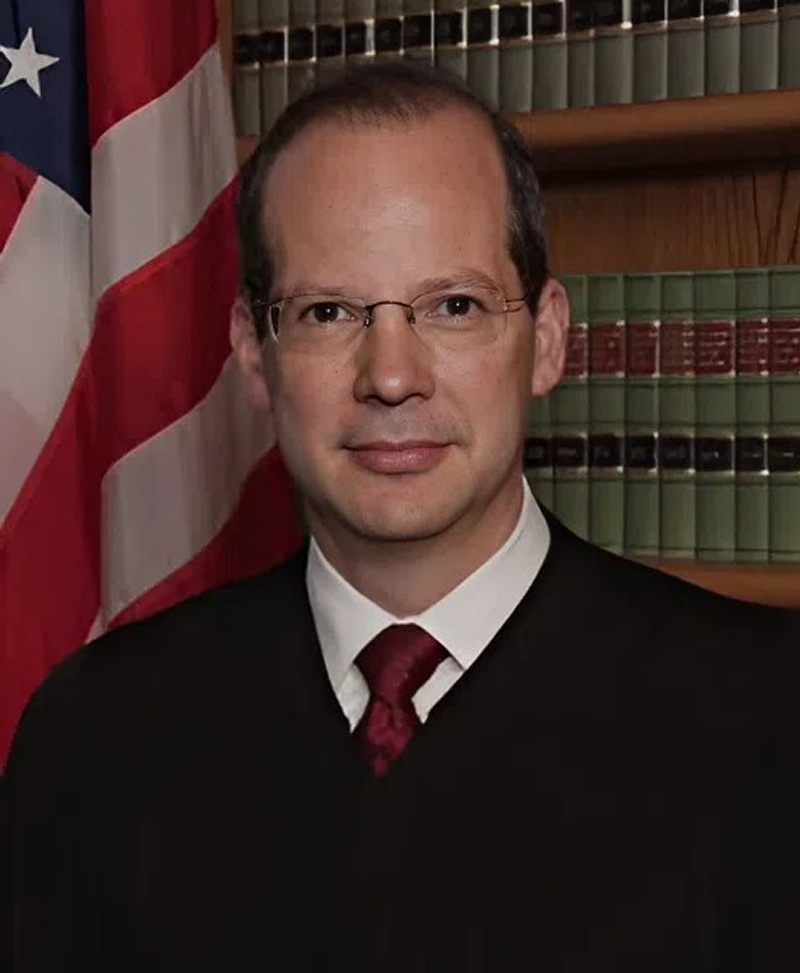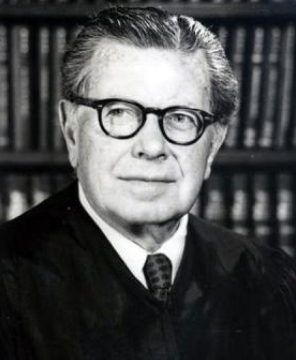
Richard J. Hughes
- LL.B., New Jersey Law School (now Rutgers Law School)
- Undergraduate studies, Saint Joseph’s University
Chief Justice Richard J. Hughes
Early Life and Education
Richard Joseph Hughes was born in Florence Township in 1909 and raised in a working-class Catholic family that valued public service. He attended Saint Joseph’s University before earning his law degree from New Jersey Law School, where he began developing the strong advocacy skills and commitment to justice that shaped his later career.
Early Legal Career
Hughes began practicing law in Trenton and soon joined the U.S. Attorney’s Office, where he handled federal prosecutions during the 1930s. He later served as Assistant Prosecutor and eventually Judge of the Mercer County Court. Known for his compassion, rhetorical skill, and practical approach to law, Hughes gained recognition as one of New Jersey’s most capable trial judges.
Governor of New Jersey (1962–1970)
Elected in 1961, Hughes became the only governor in New Jersey history to serve two consecutive four-year terms before constitutional reforms allowed it.
His administration focused on:
- establishing the New Jersey Department of Transportation
- modernizing public education funding
- strengthening environmental protections
- expanding civil rights and fair-housing laws
Hughes was also a key figure in responding to the 1967 Newark civil unrest, emphasizing de-escalation, recovery, and long-term social reform.
Chief Justice of the New Jersey Supreme Court (1973–1979)
Appointed Chief Justice in 1973, Hughes led the Court during a period of significant doctrinal development. His tenure is most associated with:
- early stages of the Mount Laurel doctrine, addressing housing discrimination
- expanding procedural fairness in criminal cases
- strengthening administrative law
- reinforcing the judiciary’s role in safeguarding constitutional rights
Hughes’ leadership style emphasized consensus-building and practical justice grounded in real-world impact.
Legacy
Richard J. Hughes remains one of the most influential figures in modern New Jersey history — the only person to serve both as Governor and Chief Justice. His judicial and executive leadership shaped key areas of state policy, from civil rights to environmental regulation, and cemented his reputation as a compassionate, pragmatic, and deeply principled public servant.

